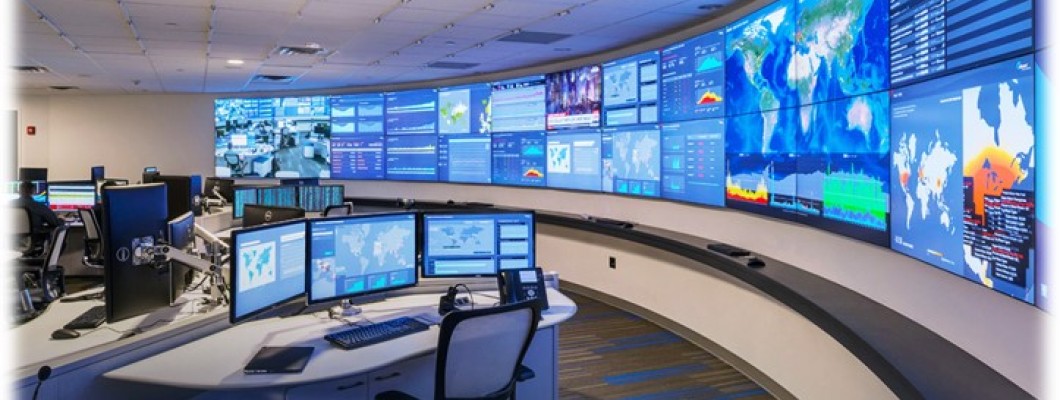
Modular Video Wall Controller:
A modular video wall controller offers several advantages. One major benefit is scalability, allowing you to expand and adapt the video wall as needed by adding or removing individual modules. This flexibility is particularly useful if you anticipate future growth or changes in your video wall configuration. Additionally, modular controllers enable customization, supporting various video wall layouts and screen resolutions to suit your specific needs.
One significant benefit of a Modular Video Wall Controller is cost-effectiveness. Modular controllers generally have a lower upfront cost compared to PC-Based controllers. This affordability makes them an attractive option, especially for smaller budgets.
Another advantage is redundancy. Many modular controllers come with built-in redundancy options, ensuring uninterrupted operation in case of module failures. This redundancy feature provides peace of mind and reduces the risk of downtime.
Maintenance is typically easier with modular controllers. When troubleshooting or repairing is necessary, it is usually more cost-effective to address issues at the module level rather than replacing the entire system. This not only saves time and effort but also helps in minimizing expenses associated with maintenance and repairs.
Modular controllers also offer upgradability. As technology advances, you can upgrade the system by replacing specific modules, allowing you to leverage new features and advancements without the need for a complete system overhaul.
However, there are a few downsides to consider. It's important to note that the specific input types like live webpages and some IP Live streaming may not support Modular Video wall controllers unless set up a customized solution.
PC-Based Video Wall Controller:
Flexibility is another advantage of PC-based controllers. They provide compatibility with a wide range of software options and can support various video wall configurations and hardware components. This versatility allows you to choose the software and hardware combination that best suits your specific requirements.
Integration is also a strength of PC-based controllers. They can easily integrate with other systems, such as content management software or network control systems. This seamless integration enhances the overall functionality and control of the video wall.
PC-based controllers often come with advanced software capabilities. These features may include real-time content manipulation, video processing, and scheduling, providing you with greater control and flexibility in managing your video wall content.
However, there are some limitations to consider. PC-based controllers have limited scalability, meaning that upgrading or expanding the system may require replacing the entire system or significant hardware modifications. This can be a drawback if you anticipate substantial future growth or changes in your video wall setup.
Another concern is the potential single point of failure. If the PC fails, the entire video wall may be affected, resulting in downtime until the issue is resolved. This risk highlights the importance of implementing backup measures or redundancy solutions.
Maintenance of PC-based controllers can be more complex and time-consuming compared to modular controllers. Troubleshooting and repairing issues may require specialized IT support, increasing the overall maintenance effort and potentially impacting the system's uptime.
Lastly, the stability of the software used in PC-based controllers can be a consideration. Depending on the software, there may be a risk of crashes, bugs, or compatibility issues. It is crucial to choose reliable and well-supported software to minimize these risks.
In summary, modular video wall controllers provide scalability, customization, redundancy, easier maintenance, and upgradability but may have some limited IP compatibility. Modular video wall controllers offer cost-effectiveness, PC- Based Video Wall Controllers offer flexibility, integration with other systems, and advanced software capabilities but have limitations in scalability, potential single points of failure, complex maintenance, and software stability concerns. The choice between the two depends on specific requirements, budget, and technical expertise available.
Control software compatibility for both modular and PC-based video wall controllers can vary depending on the specific model and manufacturer. However, many video wall controllers are designed to be compatible with multiple platforms, including Windows, Android, Apple (iOS/macOS), and web interfaces. Our Hipersign Video Wall Controllers can support all the above-mentioned software platforms.
Introducing Hipersign Video Wall Controllers: Unleash Visual Brilliance with Versatility. Our lineup features modular, PC-based, standalone, AV over IP, and software-based controllers, providing the flexibility to create captivating video walls. With Hipersign, you have the power to customize, control, and deliver stunning visual experiences. Elevate your displays to new heights with Hipersign Video Wall Controllers.

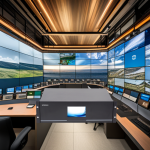
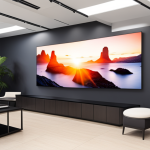

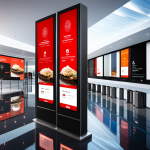
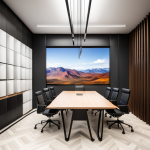


%20(1)-150x150.png)
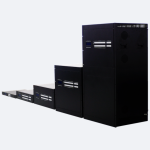

-150x150.png)
-250x250.png)
-250x250.png)
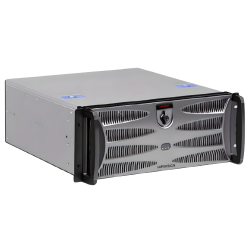
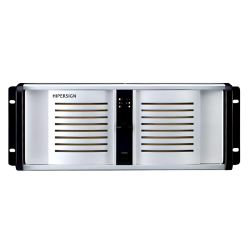
-250x250.jpg)